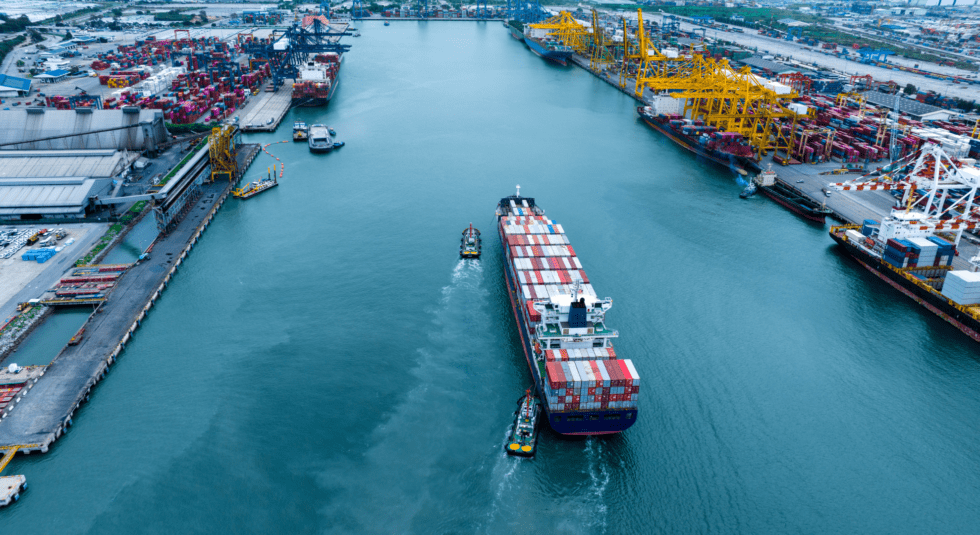When it comes to shipping, logistics, and international trade, Marine liabilities insurance plays an important role in protecting businesses from unexpected risks. Whether you’re a shipowner, cargo handler, or port operator, this type of insurance helps cover potential costs when things go wrong—such as damage to cargo, injury to crew members, or third-party claims.
However, like all types of insurance, marine liability policies come with exclusions. These exclusions outline the situations and risks that are not covered under the policy. For beginners, understanding these exclusions is essential to avoid surprises when filing a claim. In this article, we’ll break down the key exclusions in marine liability insurance in a simple and easy-to-follow way.
Why Exclusions Matter
Insurance policies can sometimes look like safety nets that cover “everything.” But in reality, every policy has limits. Exclusions help insurers manage risk and keep premiums affordable. They also ensure that policyholders take proper precautions rather than relying on insurance for avoidable problems.
For businesses, knowing these exclusions helps in two ways:
-
You won’t mistakenly assume you’re covered when you’re not.
-
You can take additional steps, like purchasing extra coverage or improving safety practices, to fill in the gaps.
Common Exclusions in Marine Liability Insurance
Below are some of the most common exclusions you’ll find in Marine liabilities insurance policies:
1. War and Terrorism Risks
Losses caused by acts of war, terrorism, or political unrest are usually excluded. For example, if a vessel is damaged during a military conflict, a standard marine liability policy will not cover it. Instead, businesses may need a separate “war risk” policy.
Why excluded?
These risks are unpredictable, widespread, and extremely costly for insurers.
2. Nuclear Risks
Any damage caused by nuclear materials, radioactive contamination, or nuclear-powered vessels is excluded. If, for instance, radioactive cargo leaks and causes environmental harm, the liability would not be covered under a standard policy.
Why excluded?
The scale of nuclear risks is too large and catastrophic for traditional insurance policies.
3. Willful Misconduct or Negligence
If a loss happens because of intentional misconduct or reckless behaviour, it’s not covered. For example, if a shipowner knowingly overloads a vessel beyond safe limits and it leads to damage, the insurer won’t pay.
Why excluded?
Insurance is designed for unforeseen accidents, not deliberate or reckless actions.
4. Pollution and Environmental Damage (Beyond Limits)
While some marine liability policies cover pollution, they often have strict limits. Large-scale oil spills, for example, may exceed those limits, leaving the shipowner responsible for the remaining costs.
Why excluded?
Pollution claims can be massive, so insurers place caps or exclusions to limit exposure.
5. Contractual Liabilities
If a company agrees to take on extra responsibilities in a contract that go beyond what the law requires, those may not be covered. For instance, if a charter party contract makes the shipowner responsible for certain risks, the insurer may exclude them.
Why excluded?
Insurance covers legal liabilities—not voluntary, extra promises made in contracts.
6. Crew Injury Not Covered Under Workers’ Compensation
While marine liability policies cover third-party injuries, crew injuries are often excluded if they fall under a separate workers’ compensation or employer’s liability insurance.
Why excluded?
Crew-related risks are typically insured under a different policy type designed for employee injuries.
7. Delay in Delivery
Losses solely due to delays—such as late cargo delivery—are excluded. For example, if a shipment of fresh produce arrives late and spoils, standard liability coverage won’t apply.
Why excluded?
Delays are a business risk rather than an accident, and they are difficult to quantify fairly.
8. Wear and Tear or Poor Maintenance
If the damage is caused by normal wear and tear, rust, or lack of proper maintenance, it won’t be covered. For example, if a ship’s engine fails due to years of poor upkeep, insurers won’t step in.
Why excluded?
Insurance is meant for sudden and accidental events, not predictable deterioration.
How to Manage These Exclusions
Even though these exclusions exist, businesses can still manage their risks. Here’s how:
-
Buy Additional Coverage: Policies like war risk insurance, pollution liability insurance, or employer’s liability insurance can cover the gaps.
-
Maintain Vessels Properly: Regular inspections and maintenance reduce the chance of uncovered losses.
-
Review Contracts Carefully: Avoid taking on unnecessary liabilities in contracts that insurance won’t cover.
-
Work with a Specialist Broker: An insurance broker experienced in marine policies can help tailor coverage to specific business needs.
Final Thoughts
Marine liabilities insurance is a vital safety net for businesses in shipping and logistics. But it’s not a “catch-all” solution. Key exclusions—such as war risks, nuclear risks, willful misconduct, contractual liabilities, and pollution beyond limits—can leave businesses exposed if they’re not prepared.
By understanding what’s excluded, companies can make smarter decisions, purchase extra coverage where needed, and manage risks effectively. In the complex world of global trade, being aware of these exclusions is just as important as having the insurance itself.







0 Comments